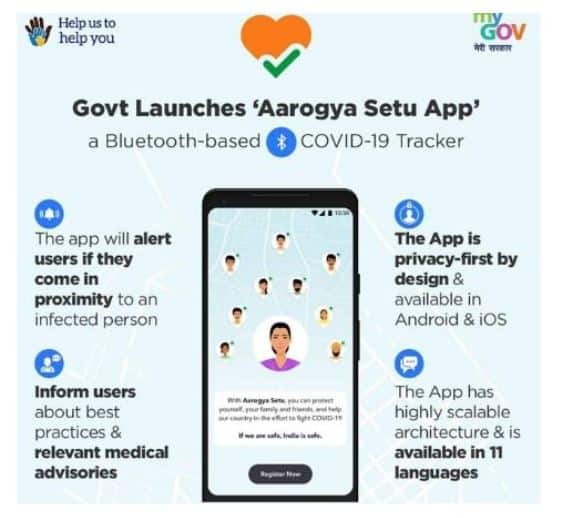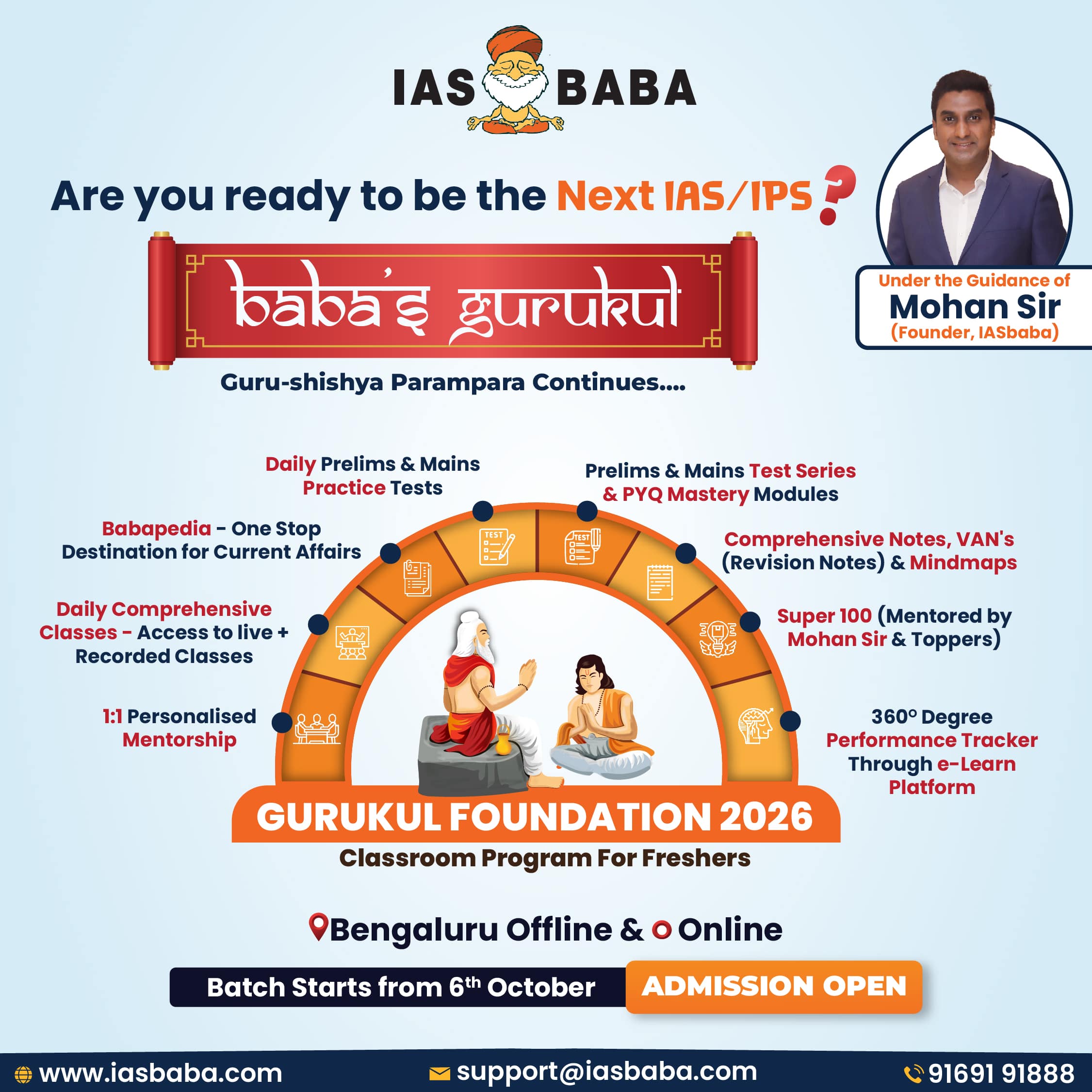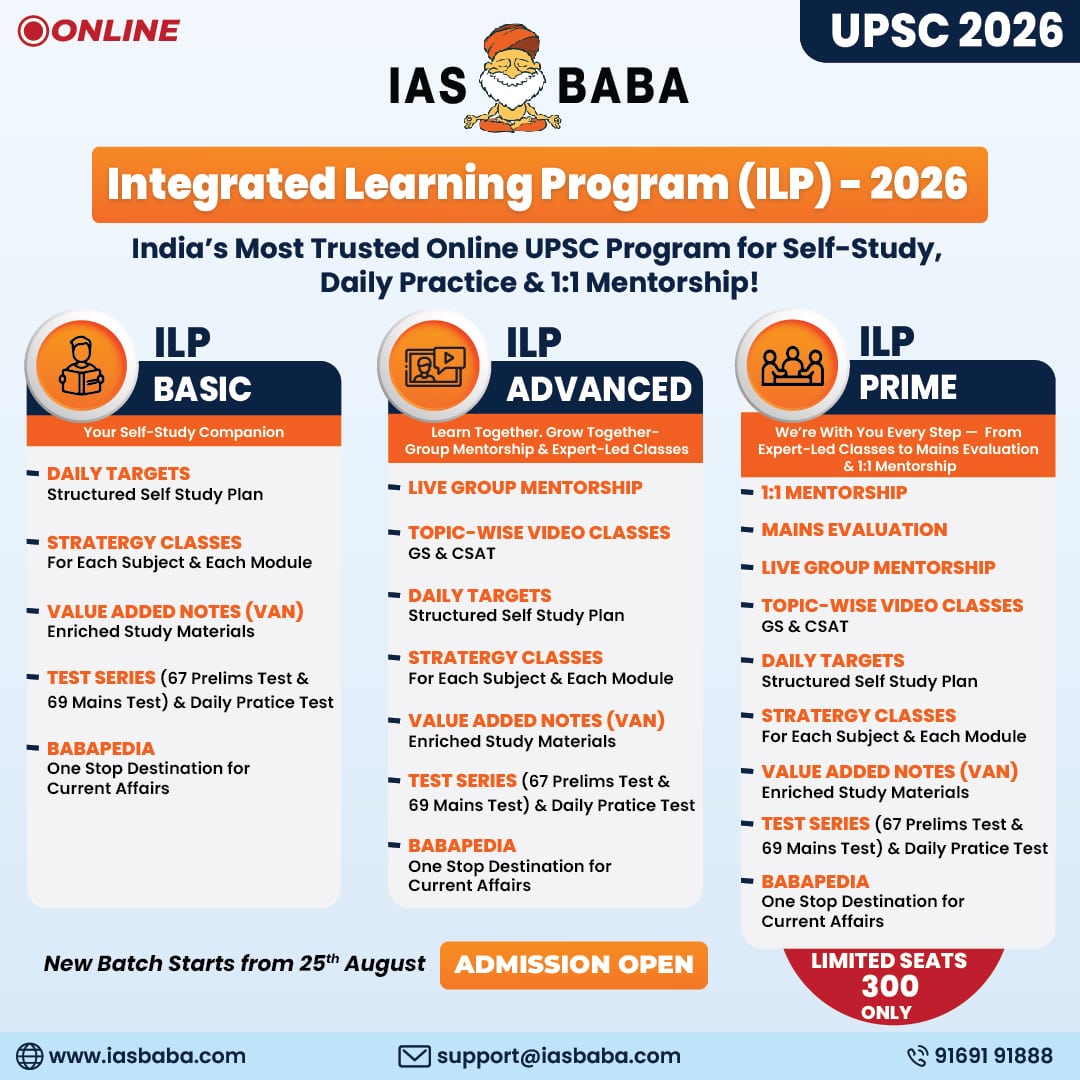UPSC Articles
POLITY/GOVERNANCE
Topic: General Studies 2:
- Welfare schemes for vulnerable sections of the population by the Centre and the States and the performance of these schemes.
- Issues relating to development and management of Social Sector/Services relating to Health
- Important aspects of governance, transparency and accountability, e-governance- applications, models, successes, limitations, and potential
Arogya Setu app: Advantages and Issues
Below editorial covers the following areas –
- What is arogya setu app?
- Its advantages
- Issues concerning the app
- How to overcome the issues
Aarogya Setu
- It is Indian COVID-19 tracking mobile application.
- It is developed by the National Informatics Centre which comes under the Ministry of Electronics and Information Technology.
- Purpose:
- To spread awareness of COVID-19
- To connect essential COVID-19 – related health services to the people of India.
- It uses the smartphone’s GPS and Bluetooth features to track the coronavirus infection.
- With Bluetooth, it determines the risk if one has been near (within six feet of) a COVID-19 – infected person, by scanning through a database of known cases across India.
- Using location information, one can determine whether a particular location is one of the infected areas.
- It is an updated version of an earlier app called Corona Kavach (now discontinued).
For which category of people has the installation of the app been made compulsory?
- As per the directive issued under the Disaster Management Act, it is compulsory for following people to install the app:
- all people residing in ‘containment zones’,
- all government and public sector staff,
- all employees, both public and private, who are allowed to work during the lockdown,
- Stranded Indians in abroad, once they landed in India through Vande Bharat Mission.
- Travelers who will be traveling in special passenger trains.

Image source: Click Here
Advantages of the app:
- Individuals and authorities shall remain informed in case they have crossed paths with someone who has tested positive for coronavirus.
- It works on Bluetooth-based technology. Absence of internet connectivity won’t pose a problem.
- The app recommends several measures such as Self Assessment Test, Social distancing, do’s and don’t.
- It informs about the precautionary measures.
- As per the statement by the Prime Minister’s Office, it could also be used as an e-pass for traveling.
- In case, a user is at high risk, the app will advise him/her to go for a test at a nearby testing centre and call the toll-free number 1075 immediately.
- The helpline number for each state is also available.
Issues with the app
- It is imposed through executive order without any legalisation.
- It is being regarded as sophisticated surveillance system.
- Recently, Robert Baptiste tweeted that security vulnerabilities in Aarogya Setu allowed hackers to know who is infected or unwell in the area of his choice. He also gave details of how many people were unwell and infected at the Prime Minister’s Office, the Indian Parliament and the Home Office.
- The app’s Terms of Service (TOS) provides blanket limited liability on the government. Thus, there is no government accountability in case of data theft of users.
- The app breaches the fundamental right to privacy. There is no legal framework to show the breach as reasonable.
- If users have no control over their data, it is a complete violation of their right to informational self-determination and the right to be forgotten.
- The closed source architecture of the app violates transparency principles.
- Under the TOS, the government is obligated to delete certain personal data after a 30-day time period. However, there exists no framework to check compliance of the same.
- Ever-changing rules add to the problem. Recently, the app updated its privacy policy without notifying users. Such actions do not inspire trust.
- There are no safeguards against data theft and other breaches.
- It is not clear if the government has conducted scenario analyses of how the app can be misused or abused. This is crucial in India given how much stigmatisation has already occurred (communities refusing to bury bodies of COVID patients and an instance of the lynching of a person suspected to be positive).
- There are no guidelines about how the government plans to deal with cases of false positives.
- There are no clear instructions to deal with people who may make wrong inference or stigmatise someone on the basis of faulty algorithms.
- The app is useless for the low-income non-smartphone users. There exists no alternative for them as well.
How to overcome the issues?
- The government must heed privacy concerns raised by the Opposition,
- It should look at the experiences and experiments in other countries.
- The app code must be opened so that they can be audited for design and programming flaws. For example, Singapore’s TraceTogether app was made open source, thus allowing researchers and experts to test the architecture and suggest measures to correct vulnerabilities.
- It will help in bringing transparency and deal with bugs.
- India must contemplate a legal design around the app, which strikes a balance between disease containment and privacy.
- It should address fears among the public that it may become a permanent mass surveillance instrument.
- It should also ensure that there is sufficient anonymity of data and access is limited.
- It must resort to methods that cause the least harm.
Conclusion
Across India, there are efforts to build databases of people’s health records to enable easier treatment, including through telemedicine.
If instances of misuse of the Aarogya Setu app emerge, then people will not trust other government initiatives involving health records, even if they are undertaken with due care, inclusive consultations, and respect for privacy.
Connecting the dots:
- How well is India equipped to deal with the COVID-19 pandemic post the lockdown? Examine.
- What are the controversies surrounding the Arogya Setu app? Discuss in detail.












